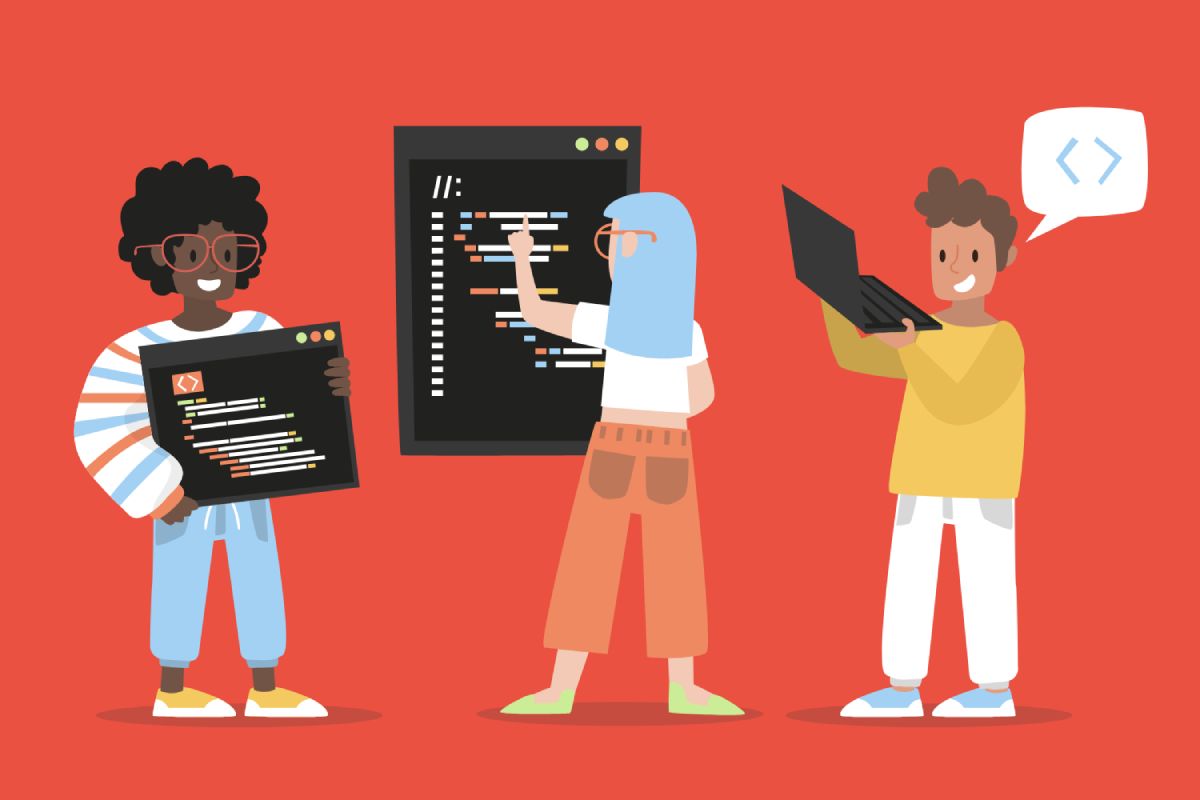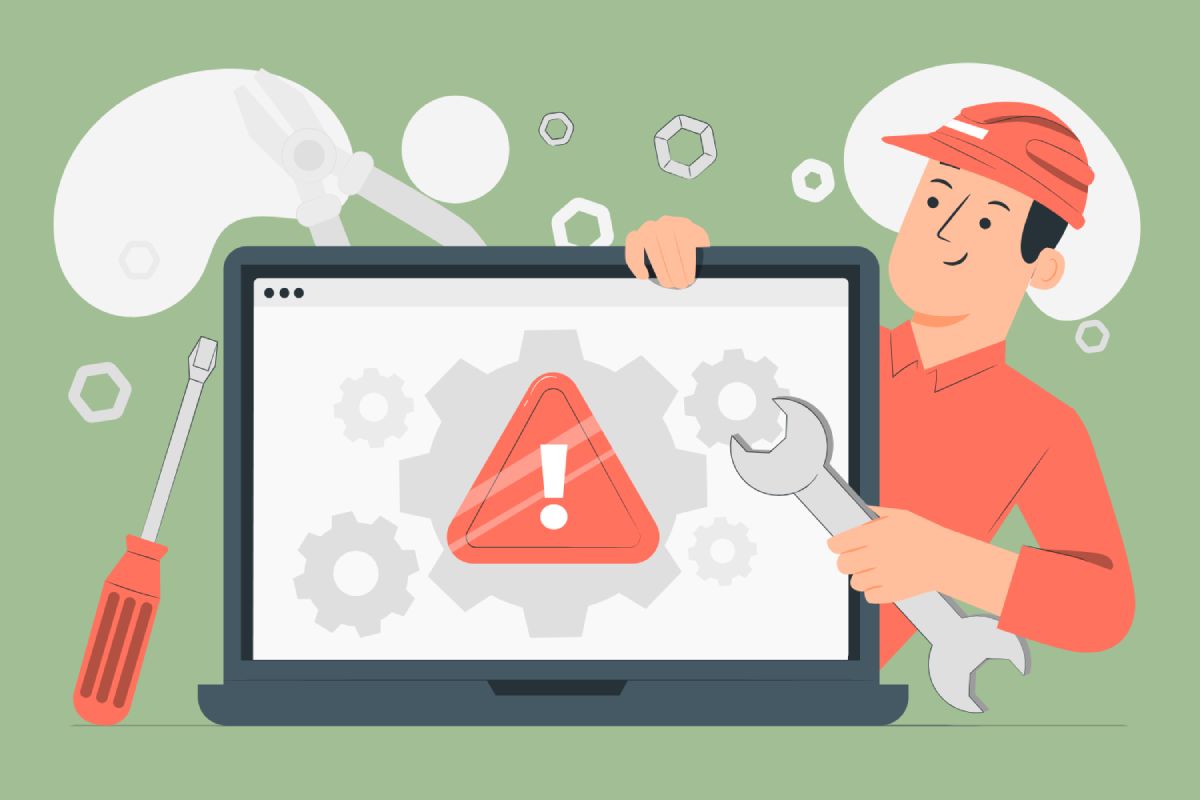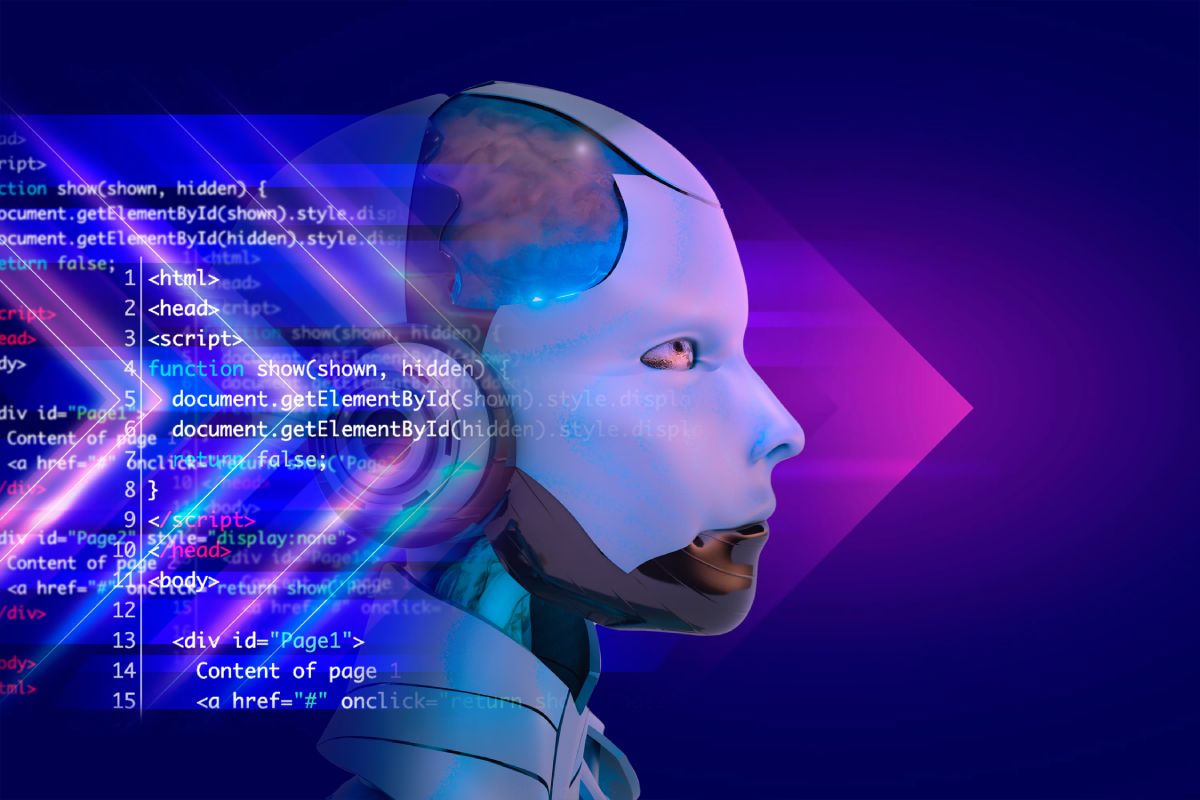Introduction:
In the ever-evolving landscape of technology, programming is at the forefront of innovation. As we look ahead, it’s interesting to learn about the latest trends and innovations shaping the future of programming. From advances in artificial intelligence to the emergence of new programming paradigms, let’s explore what’s next in the world of coding.
Artificial Intelligence and Machine Learning:
Artificial Intelligence (AI) and Machine Learning (ML) continue to revolutionize the way we approach programming. With the rise of deep learning algorithms and neural networks, developers are creating intelligent applications capable of tasks that once seemed impossible. From natural language processing to computer vision, AI and ML are opening new possibilities for software development.
Quantum Computing:
Quantum computing represents a paradigm shift in computing power. Although still in its infancy, quantum computers have the ability to solve complex problems faster than classical computers. As quantum programming languages and frameworks emerge, developers are beginning to explore the vast opportunities presented by this revolutionary technology.
Low-code and no-code platforms:
Low-code and no-code platforms democratize programming by enabling non-technical users to build applications with minimal coding knowledge. The platform uses a visual interface and drag-and-drop functionality to streamline the development process. As these tools become more sophisticated, they are empowering individuals and businesses to create custom software solutions without traditional programming skills.
Progressive Web Applications (PWAs):
Progressive Web Apps (PWAs) combine the best features of web and mobile apps to deliver fast, engaging user experiences. By leveraging modern web technologies like service workers and web app manifests, PWAs offer offline functionality, push notifications, and seamless integration with device hardware. As the demand for cross-platform apps grows, PWAs are becoming an increasingly popular choice for developers.
Functional Programming:
Functional programming languages, such as Haskell, Scala, and Clojure, are gaining traction as developers seek alternative approaches to traditional imperative programming. With their emphasis on pure functions and immutable data, functional languages offer benefits such as improved code maintainability, parallelism, and scalability. As software requirements become more complex, functional programming models are becoming an attractive option for building reliable, robust systems.
DevOps and Continuous Integration/Continuous Deployment (CI/CD):
DevOps practices and CI/CD pipelines are changing the way software is developed, tested and deployed. By automating build, test, and deployment processes, organizations can accelerate delivery cycles, increase agility, and improve overall software quality. As DevOps culture continues to permeate organizations of all sizes, developers are adopting tools and methods that enable faster, more reliable software delivery.
Cyber Security and Ethical Matters:
As technology becomes more and more intertwined with our daily lives, cybersecurity and ethical considerations are paramount. Developers should prioritize security and privacy from the start, implementing best practices for secure coding, data protection, and vulnerability management. Additionally, ethical considerations around AI, data privacy and algorithmic bias are gaining prominence, encouraging developers to adopt responsible practices that prioritize transparency, fairness and accountability.
Conclusion:
The future of programming is full of exciting possibilities, driven by advances in artificial intelligence, quantum computing, low-code platforms, and more. As developers adopt new technologies and paradigms, they must also be aware of cybersecurity and ethical considerations. By staying informed, adaptable and committed to lifelong learning, programmers can navigate the ever-changing landscape of technology and continue to drive innovation.



